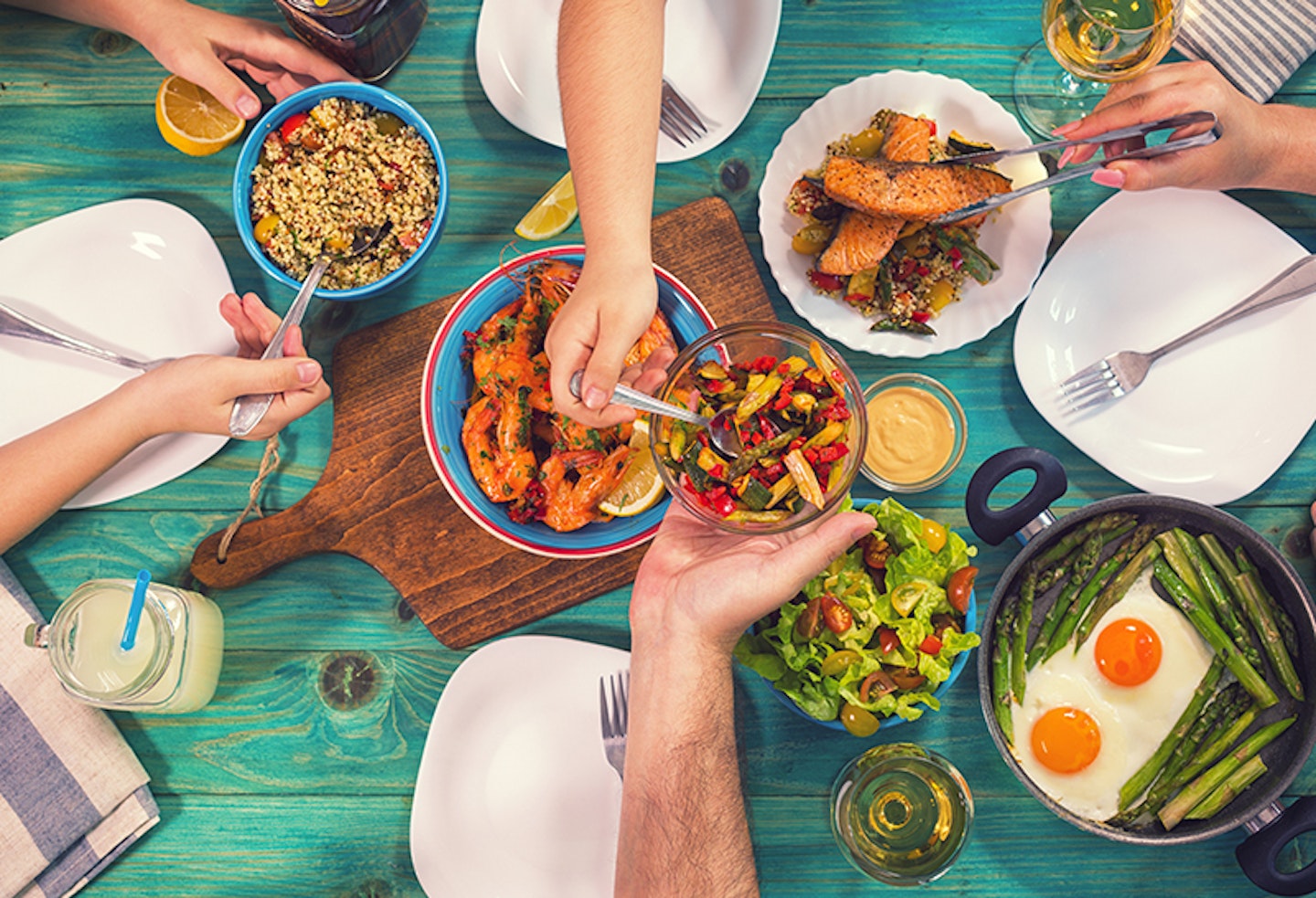When it comes to losing weight, there is lots and lots of information and diets available to help but what if you need to gain weight? We spoke to nutritionist Jenna Hope to find out more.
What does underweight really mean?
Currently being underweight is classified by having a BMI of less than 18.5kg. There is some controversy around the use of BMI as a marker of weight however, currently, this is the method utilised by the NHS.
What are the health consequences of being underweight?
Being underweight can contribute to a range of health issues such as nutrient deficiencies and the inability to support normal physiological function, reduced immune function, impaired sleep, risk of muscle and bone weakness over a prolonged period of time and amenorrhea in women (the loss of periods).
It’s important to note that weight loss and being underweight can occur for a number of reasons including stress, disordered eating, food accessibility, nutrition education and more. Anyone who is concerned about their weight loss or their current weight status should seek personalised advice from their GP.

How to gain weight healthily
It’s common to think that gaining weight requires you to overconsume on unhealthy food, however, this is not the case and weight gain should be conducted slowly, over a prolonged period of time through consuming nutrient dense foods.
Since being underweight can be associated with nutrient deficiencies, overconsuming on ultra processed, high sugar foods may increase weight but will not reverse nutritional deficiencies and therefore there remains a risk of malnutrition.
As a result, it’s recommended to consume foods rich in healthy fats, proteins and complex carbohydrates. E.g. nuts, seeds, meat, oily fish, oats, vegetables, olive oil to name a few.
Some people find it easier to consume smaller meals more frequently whilst others prefer to eat larger meals. Additionally, adding nuts to salads, nut butter or unrefined oils to dressings and opting for fish such as salmon, mackerel, sardines and herring are all great way to support weight gain.
Furthermore, a well-balanced smoothie can be a brilliant method to aid weight gain as you can increase the amount of energy in the smoothie without drastically increasing the volume.
Try blending peanut butter, oats, Greek yoghurt, milk and cinnamon together for a nutrient-dense smoothie.

What are the best foods to gain weight?
Foods rich in energy and micronutrients are optimal for supporting weight gain. Such foods include: avocados, olives, olive oil, almonds, peanut butter, salmon and full fat dairy.
What should I avoid when trying to gain weight?
Where possible avoid ‘low fat’ or ‘diet’ products as these often contain sugar or artificial sweeteners. Be aware to stay hydrated and ensure you’re eating regularly to maintain blood sugar balance. Additionally, it can be tempting to load up on higher energy foods and whilst this is important, don’t forget to pack in the veggies which are rich in micronutrients and fibre too!
Popular articles to read next
The best mini exercise bikes to tone up and stay fit no matter your fitness level
